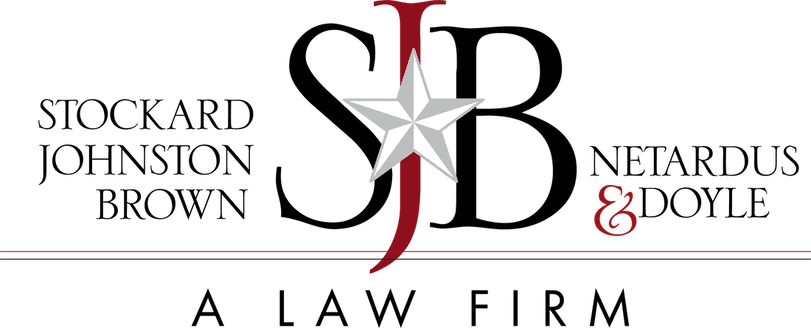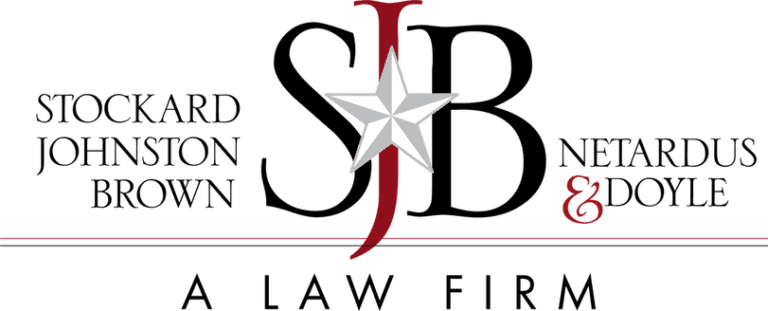Attorney-client privilege is one of the oldest rights in American law. It dates back to the sixteenth century. It is meant to create a “zone of privacy” that encourages candor on the part of the client and lawful action on the part of an attorney. Each party in this relationship has an incentive to act in the best interests of the other.
Why is this important? The obvious answer is that it keeps both sides of the relationship accountable, but the law itself actually does more than just that.
How Am I Protected Under Attorney-Client Privilege?
There are four basic elements needed to establish attorney-client privilege:
- Communication
- Privileged persons
- Confidence
- The purpose of seeking legal counsel
There has to be a relationship before this level of trust and confidentiality can be established. That representation isn’t in place until all parties agree to the terms of representation.
Many clients assume that attorney-client privilege is a given. It is a legal doctrine between lawyers and their clients, but its application isn’t absolute. For instance, if a lawyer is serving or acting in another capacity outside of an officer of the court, privilege does not apply.
The second instance where attorney-client privilege does not apply is very important for clients to pay attention to. If you have spoken to a third-party and then proceed to speak to an attorney, your communication with that attorney is privileged; the third-party communication is not.
Does Attorney-Client Privilege Always Apply?
Given all of the communication situations where privilege does apply, it might be faster to look at where it doesn’t.
Some courts have ruled that in cases of fraud that have been revealed to an attorney, that fraud must be reported because fraud detaches privilege for many communications between the attorney and the client.
In limited circumstances, a lawyer may also break confidentiality in order to collect payment for services rendered or to defend themselves against criminal action in court, as justified on the grounds of procedural fairness.
Information that is not confidential does not fall under attorney-client privilege. If the information is accessible by public domain, it is not considered confidential. Nor are matters that need to be settled in probate. Estate law, like the reading of a last will and testament cannot, by its very nature, be confidential.
In matters not otherwise differentiated or disclosed, clients can expect confidentiality, accountability and the best representation possible. At least, that is the aim of the Amarillo law firm, Stockard, Johnston, Brown, Netardus & Doyle, P.C.. Experts in several practice areas, including personal injury, immigration, criminal and estate planning, our lawyers will work with you and in your best interests to build the best case possible for everyone concerned.

